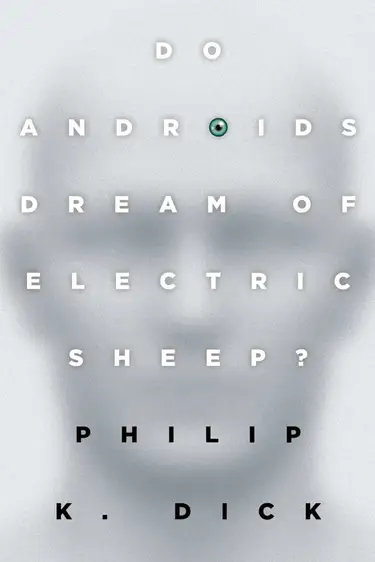Do Androids Dream of Electric Sheep?

The central protagonist is Rick Deckard. Deckard is a bounty hunter who retires rogue androids, known as replicants. The replicants have escaped from off-world colonies and returned to Earth. These replicants are nearly indistinguishable from humans and possess superior physical and intellectual capabilities.
As Deckard tracks down and eliminates the rogue replicants, he begins to question his humanity and the moral implications of his actions. He becomes entangled in a philosophical exploration of what it means to be human and the nature of empathy.
Throughout the book, Dick explores themes such as identity, empathy, and the blurred lines between artificial and human existence. He raises questions about the nature of reality and the ethical dilemmas posed by advanced technology.
The novel delves into the psychological states of its characters, including Deckard's inner struggles. Struggles including his relationships with other characters, such as his wife, Iran, and the enigmatic android Rachael Rosen.
Do Androids Dream of Electric Sheep? has had a significant impact on the science fiction genre. The novel served as the inspiration for the influential film adaptation, "Blade Runner."